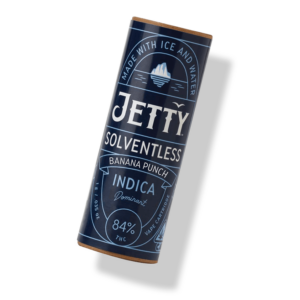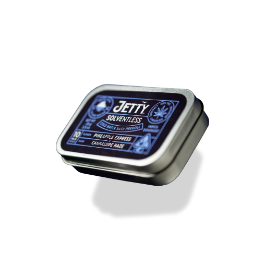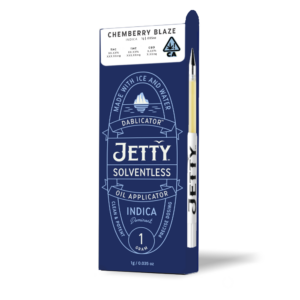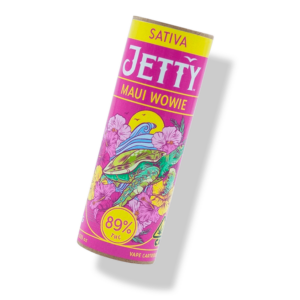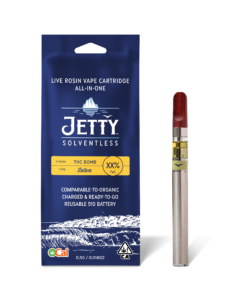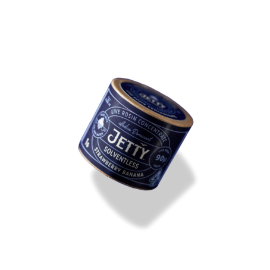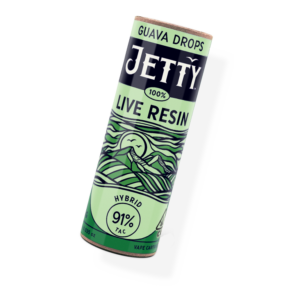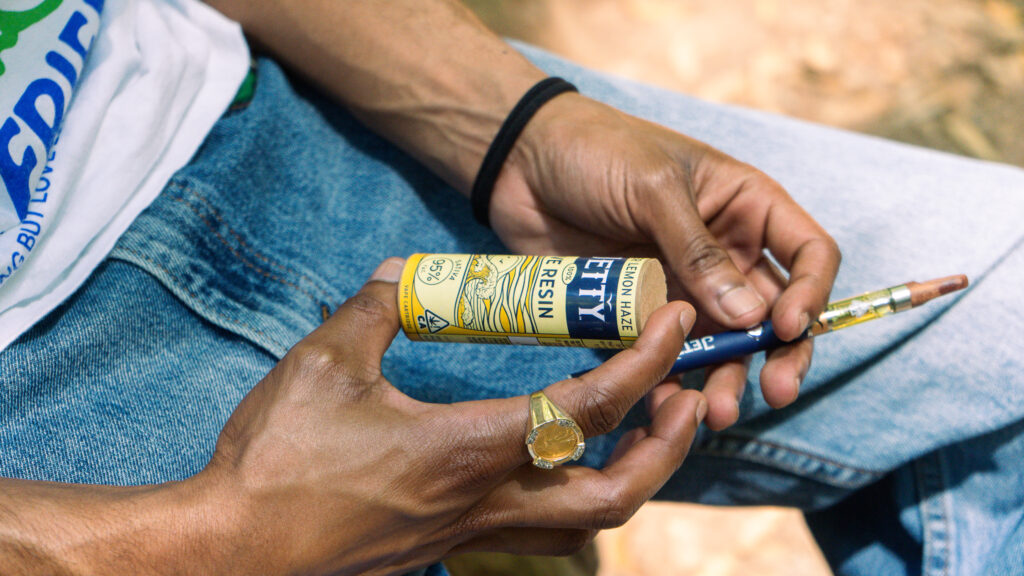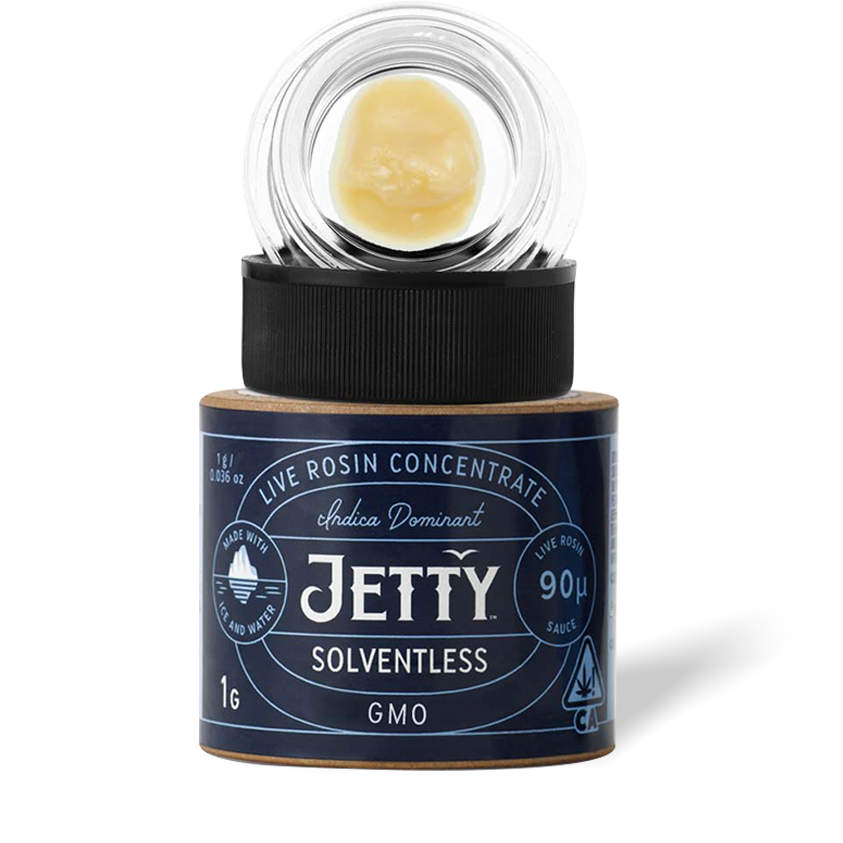Understanding the attraction to cannabis productions means understanding its chemical components, namely CBD and THC. Both infamous substances can be present simultaneously in all manner of products across the board, from joints to solventless vape rosin in the Bay Area. However, discussing the distinction between the two components can be demonstrated clearly between their separate oil forms.
Psychoactivity
The most active ingredient in marijuana in THC. This naturally-occurring chemical in oil form is good for those seeking a strong high. Typically, users report experiencing fuzzy-headed and mind-bending effects, sometimes accompanied by stereotypical paranoia. More specifically, reactions can include euphoria, sharper or distorted senses, risky memory loss, impaired coordination and response times, and anxiety or panic episodes.
As such, the psychotropic and intoxicating role of THC is both a selling point of marijuana and what makes it potentially dangerous. It must be appropriately used in the correct dosage, including solventless in the Bay Area. To avoid overdosage and ensuing issues like psychological damage, consumption must be carried out responsibly with respect to the psychological health and propensities of the individual.
Healing
On the other hand, Purely CBD oil is valued for its medicinal potential, given its lack of psychotropic activity. For those less familiar with cannabis products seeking to try out CBD, it is important to understand that “cannabis oil” can also refer to THC oil. This can be a confusing, surprising, and potentially dangerous discovery for those unsuspecting, as both CBD-rich hemp and THC-abundant marijuana are cannabis crops.
The allure of CBD oil is due to its demonstrated ability to help many individuals with conditions like epilepsy, pain, inflammation, and mental disorders like anxiety. For milder to severely chronic cases, CBD oil can be an effective, more natural treatment choice, especially when it contains a measure of THC. CBD oil, as well as THC oil, is said to be consumed best when used sublingually. This allows the powerful molecules to dissolve and absorb into one’s bloodstream through the sensitive tissues on the underside of the tongue. Buccal application is said to have a similar effect, instead calling for the placement of oils or tinctures between the gums and cheek.
Interactions Between THC and CBD
CBD and THC are prevalent cannabinoids but are very distinct and separate molecules on the chemical level. However, they can be used in tandem in all types of products. CBD oil is available in many formulas containing a certain amount of THC. There is abundant evidence that shows that consumers can benefit from the ‘entourage effect’ when the two cannabinoids are consumed with natural plant terpenes. Among many other suspected benefits, consumers commonly report finding more relief from pain, inflammation, anxiety, and other conditions than when using one cannabinoid alone. There is also reason to believe that CBD tempers the potential side effects of THC, anxiety, and brain fog.
Sourcing from Hemp or Marijuana
When speaking of these cannabinoids, in any form, a discussion of their parent plants is inherent. Many CBD products are made from industrially cultivated hemp. Hemp is also known for its range of use in everything from textiles to skin cream. A significant portion of manufactured CBD oil goods exist that are derived from marijuana, along with products like cannabinoid-rich solventless vape rosin in the Bay Area. This is often the result of intentional cultivation to boost CBD content in strains and can be fantastic for those looking for a broader experience encouraged by THC.
The starring role in THC oil products will always go to marijuana. Those looking to enjoy the psychotropic properties of cannabis shouldn’t look any further. Meanwhile, Delta 8 varieties sourced indirectly from hemp can provide a good middle ground. Those looking for a stronger effect than docile CBD but hesitant to commit to a whole Delta 9 experience can benefit greatly.
The favored plant source of one’s CBD and THC oils depends on personal comfort zone and practical needs.
Legality
As THC and CBD differ chemically, legally speaking, so do their oil forms. The THC in abundance within marijuana, delta 9, is the most controversial substance. This variation of tetrahydrocannabinol (THC) is responsible for giving marijuana users the heady highs of notoriety, making it a controlled substance on the federal level. In recent years, though, delta 9-rich marijuana has become legally permissible at the state level in several areas. The majority of states within the US uphold THC-rich products, including oil, as medically valuable, if not recreationally. The latter stance allows for open access to materials like dried flowers and solventless vape in the Bay Area.
Delta 8 THC, Delta 9’s milder and smoother cousin, is derived from hemp rather than marijuana. Through an intricate process of extraction, isolation, and distillation, the cannabidiol (CBD) of hemp is first converted to Delta 9, then Delta 8. This variety produces very similar effects to Indica strains, giving oil consumers a more balanced, relaxing, and soothing high. The effects radiate throughout the body as much, if not more than the brain. Given that hemp-derived Delta 8, like all hemp-only products, has a Delta 9 THC concentration of less than .3%, Delta 8 is federally legal. However, since it is still THC, 18 states currently have banned the sale of it.
As hemp has been regarded as legal since the 2018 passing of the Farm Bill, CBD oil derived from this form of cannabis is also widely accepted. Both federal and state governments have come to recognize the therapeutic potential of CBD, allowing not only the manufacture and distribution of oil but also various edibles, pills, vaporizers, and topical applications. CBD is not a psychotropic chemical and is, therefore, considered safe across the board of American legal establishments.
